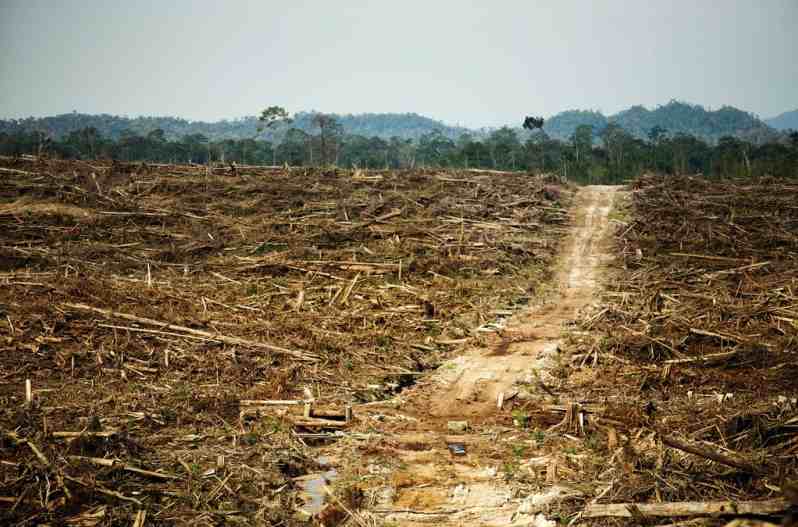The five biggest palm oil growers in the world have launched and signed the Sustainable Palm Oil Manifesto with a temporary moratorium against deforestation and a pledge to conserve high carbon tropical forests and peat areas, which are sometimes home to endangered species, like orangutans, elephants and tigers.
Spurring action on deforestation last week at the 2014 Climate Summit were more than 20 global food companies, including Dunkin Donuts and Krispy Kreme, that committed to using only deforestation-free sources of palm oil. Three of these – the world’s largest palm oil companies – Wilmar, Golden Agri-Resources and Cargill – also committed to work together on implementation and transparency.
Also at the Summit, Peru and Liberia presented groundbreaking new forest policies, pledging to cut deforestation by 80 percent — if developed countries create new economic incentives.
“The last few months have seen a welcome race to the top,” said Paul Polman, Chief Executive Officer of Unilever, a consumer products company. “Consumers have sent companies a clear signal that they do not want their purchasing habits to drive deforestation and companies are responding. Better still, companies are committing to working in partnership with suppliers, governments and NGOs to strengthen forest governance and economic incentives. It can be done and this Declaration signals a real intention to accelerate action.”
(READ more from 2014 UN Climate Summit (PDF) and at JustMeans)




















